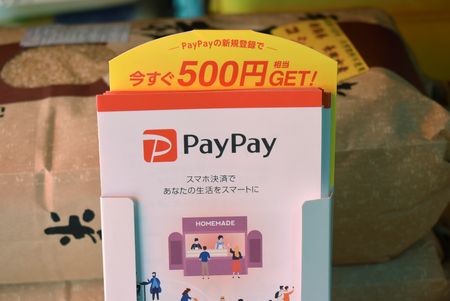By Helen Reid
LONDON (Reuters) -Shein’s British business made 2.05 billion pounds ($2.77 billion) in sales in 2024, a 32.3% increase from the previous year, a filing by the online fast-fashion retailer showed early on Friday.
Shein does not report global results publicly, but the filing sheds light on its growth in Britain, its third-biggest market after the United States and Germany, as the company works toward an initial public offering in Hong Kong.
Founded in China and headquartered in Singapore, Shein has spent years attempting to list, first in New York and then in London, but faced criticism from U.S. and UK politicians and failed to get approval from China’s securities regulator for the offshore IPO at a time of increasing tensions between China and the U.S.
The global retailer’s UK business, Shein Distribution UK Ltd, reported a pretax profit of 38.25 million pounds in 2024, up 56.6% from 24.4 million pounds in 2023.
In the filing, Shein highlighted 2024 milestones, such as a pop-up shop in Liverpool, a Christmas bus tour across 12 UK cities and the opening of two new offices in Kings Cross and Manchester.
Known for deeply discounted prices, Shein runs constant promotions and offers coupons or rewards that encourage shoppers to keep buying. Shein has taken market share from retailers like ASOS and H&M as surging inflation dented consumers’ spending power, driving them to hunt for bargains.
Shein has also broadened its offering beyond fashion — the UK site sells 7.99-pound ($10.84) dresses and 15-pound ($20.36) jeans, as well as everything from toys and craft supplies to storage units.
Shein’s business has benefited from customs duty exemptions on low-value e-commerce packages that allow it to send goods directly from factories in China to shoppers’ doorsteps largely tariff-free.
But that perk is on its way out, driving Shein’s costs — and prices — up, particularly in the U.S., where imports from China are now subject to steep tariffs.
U.S. President Donald Trump’s administration has scrapped its “de minimis” exemption for parcels under $800, and the European Union plans to remove its equivalent duty waiver on e-commerce parcels worth less than 150 euros.
Britain is also reviewing its policy on low-value imports after retailers said it was giving online players like Shein and Temu an unfair advantage.
(Reporting by Helen Reid and Nilutpal Timsina; Additional reporting by Mrinmay Dey; Editing by Alan Barona)










